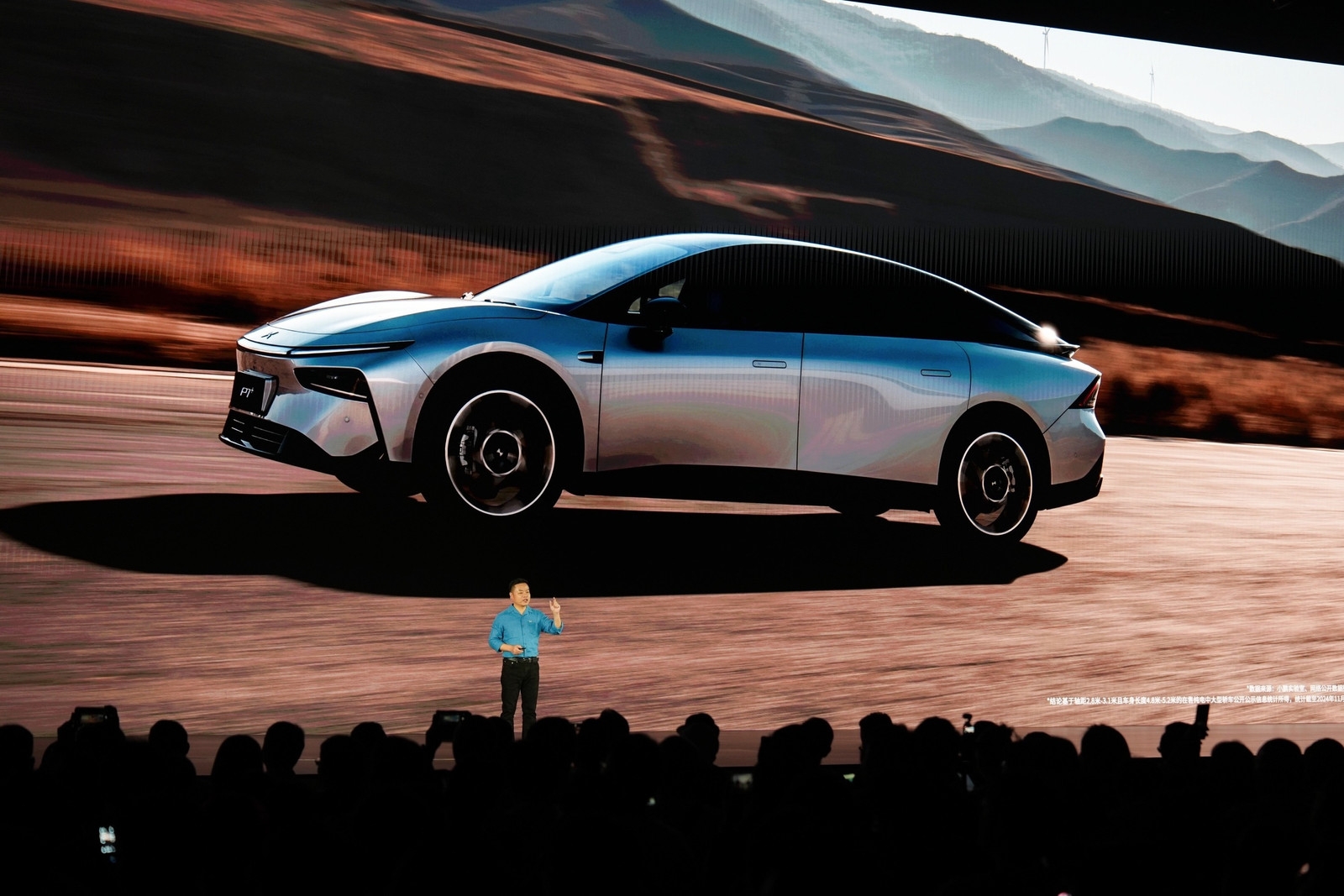
A hot topic in recent months has been the debate and political fight in San Francisco about whether or not to let robotaxis from Waymo and Cruise operate 24/7. I won’t go through all the details of the debate here since I’ve already done that in this article and this article, but the short summary is that some organizations and members of the public believe these robotaxis have been blocking traffic, interfering with emergency services, acting dangerously, and just generally being a nuisance on the transportation routes of San Francisco. Naturally, robotaxi companies and their supporters disagree and believe that robotaxis improve public safety and remove more dangerous drivers from the road (and are just cool). A couple months ago, there was supposed to be a vote on whether to allow these robotaxis companies to expand their services and operate 24 hours a day, 7 days a week (24/7). Due to the pushback, the vote was postponed, giving everyone more time to discuss and debate and come to a conclusion.
The news today: the vote has finally taken place and these robotaxi companies have been granted the right to do what they’re been eager to do and operate commercially 24/7.
The California Public Utilities Commission (CPUC) hearing lasted 6 hours, and then the commissioners voted 3-1 in favor of the robotaxi companies.
“It’s a big win for autonomous vehicle operators, who have spent tens of billions on the technology with very little return,” The Verge writes. Indeed — while it may seem like robotaxi companies are being granted the right to print money and make a fortune, let’s remember that they are billions of dollars in the hole on this adventure, and it’s unclear if they’ll ever actually make a return on investment. The argument of many critics (and especially Tesla Full Self Driving fans) is that the systems Cruise and Waymo use can’t scale profitably. We’ll see. At the very least, they’ve now won the right in one big exploratory market to operate 24/7.
“Today is the first of many steps in bringing AV transportation services to Californians,” CPUC Commissioner John Reynolds said as the 6-hour CPUC hearing finally rolled toward a close. (Note that Reynolds was previously general counsel at Cruise. He initially recused himself from votes on this topic, but determined that as his time out of the company lengthened, he should be able to vote on the topic as well and decided to join in on this controversial vote.)
So, robotaxis win!
That said … there’s an addendum. If robotaxi companies don’t get their sh** together with regard to some of the issues raised by critics and concerned community members, the CPUC could change its mind. “If there are further reports of incidents, the CPUC could vote to limit the number of vehicles allowed on the road or revoke the companies’ permits altogether, Commissioner Darcie Houck said.”
Nonetheless, it’s clear, robotaxi companies just got a big win. “Today’s permit marks the true beginning of our commercial operations in San Francisco,” said Tekedra Mawakana, co-CEO of Waymo. Is this the beginning? Was everything up until now simply a prologue?
On the Cruise side, CEO Kyle Vogt said that this vote is “a huge milestone for the AV industry, but even more importantly a signal to the country that CA prioritizes progress over our tragic status quo.” Indeed. California is still special, especially San Francisco.
What do you think of this news?
I don’t like paywalls. You don’t like paywalls. Who likes paywalls? Here at CleanTechnica, we implemented a limited paywall for a while, but it always felt wrong — and it was always tough to decide what we should put behind there. In theory, your most exclusive and best content goes behind a paywall. But then fewer people read it! We just don’t like paywalls, and so we’ve decided to ditch ours. Unfortunately, the media business is still a tough, cut-throat business with tiny margins. It’s a never-ending Olympic challenge to stay above water or even perhaps — gasp — grow. So …


_w3000.jpg)